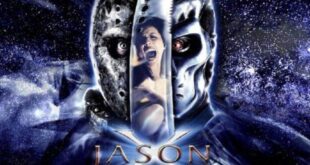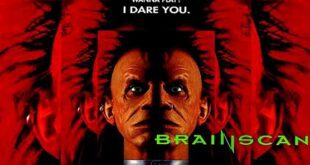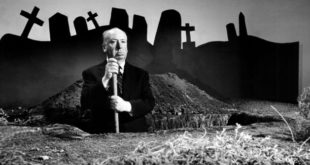A Nightmare on Elm Street 4: Dream Master (1988) turns a whopping 35 this year… And in spite of Middle Child Syndrome and all the craziness that went on while trying to put it together, it was one of the more successful releases in the franchise. But it could’ve been something entirely different than the film we know now.
Ogres, Onions, and Good Horror Has Layers
A Nightmare on Elm Street is by far my favorite franchise. Even the less favored films have things about them I love. I’m not one to say an artist is a genius, mainly because it gets used so casually and I feel it just doesn’t do justice to the complexity of some works.
But the first Nightmare film is absolute genius to me. You have the brutal slasher element that works for people who are into gore. But then you have this complex deeper psychological layer that makes Freddy and his world so terrifying.
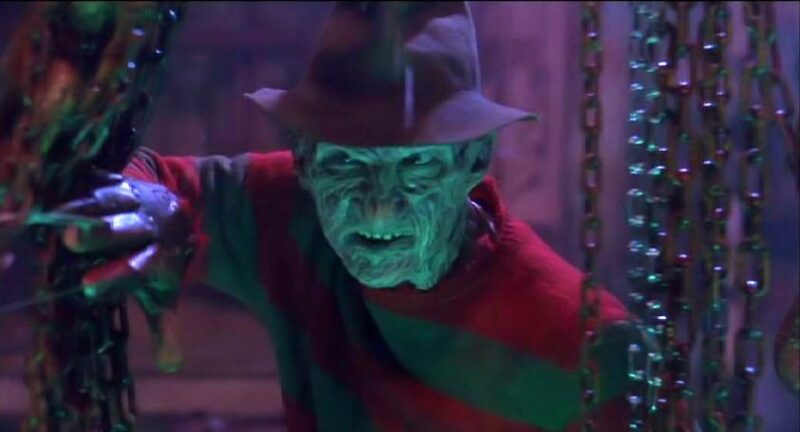
Things Falling Apart
With the rest of the series, you get different directors and writers into the mix, all following what the studio at the time wanted. And I feel that with what’s going on in Hollywood right now, this is the perfect time to chat about what comes through that industry, and why it is the way it is. It’s not like I can explain the actual Why? but I can shed light on how we get movies and sequels we don’t want or have an interest in.
**Note: In regards to the NOES franchise, there are opinions outside of mine that it should’ve stopped with the first film.
For those who haven’t seen the complete Nightmare documentary Never Sleep Again, Wes didn’t want to work on something that someone else owned, and he never saw Nightmare as a franchise. That’s why he didn’t return for the second film. And as it would seem in their conversations with the filmmakers for the doc, there was some soreness between Craven and New Line about it, which is why he didn’t come back for Dream Warriors. Although New Line exec Sara Riser claims they always asked him to come back with each film.
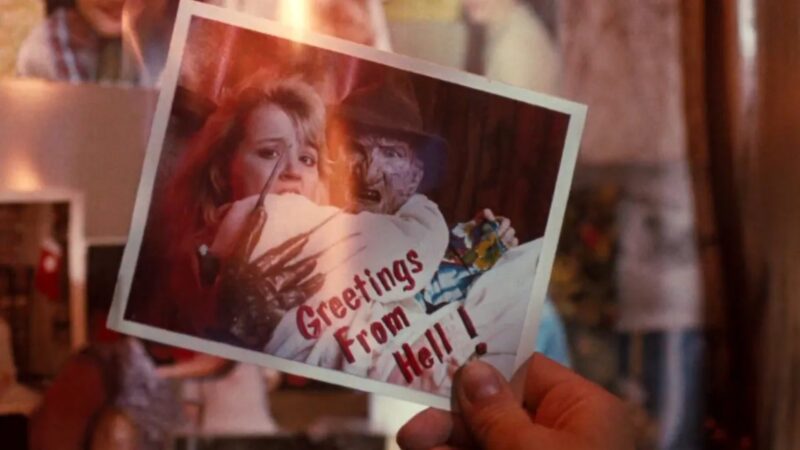
But when Wes Craven made a pitch for Dream Master, that was turned down by New Line Cinema. New Line felt that it broke all the rules and just wouldn’t have the impact they wanted to make. Personally, I’m a little skeptical of how they thought a masterful storyteller like Wes Craven wouldn’t make something that works for his own original creation.
What Happens When Non-Creatives Have Control
New Line then got in touch with Brian Helgeland ‘976-Evil 1988), begging him to direct and come up with a script for Dream Master. Ultimately, he rewrote the script New Line had from novelist William Kotzwinkle (Superman III 1983) based on the screenplay. Later, they wanted the script reworked and asked Craven to do it.
When Craven rejected the idea, New Line reached out to writing duo Ken and Jim Wheat (The Fly II 1989) for rewrites. Then, the strike happened…
Who Needs a Writer and Director Anyway?
So now, New Line has this script that needed reworking for whatever reason, and no director. They attempted to offer it to Tom McLoughlin who had just finished Jason Lives. He was interested only if he could have creative control, but they couldn’t fully agree to that because they had already begun filming the VFX scenes.
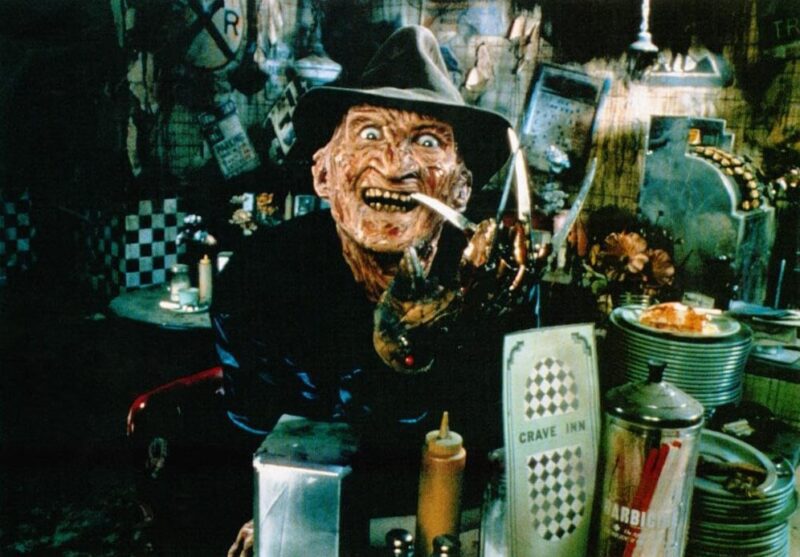
If you think of filmmaking as a collaborative effort and that the director drives the vision, without an actual director, who’s ultimately driving that vision?
Cue Renny Harlin
Renny Harlin had little experience and was new to the U.S. from Finland. Robert Shaye didn’t want to give him the opportunity, but eventually with the urging of Riser, they brought him in to direct. And without a writer, so many of the dream sequences were thought up by Harlin. There’s also some dialogue that was improvised by the actors.
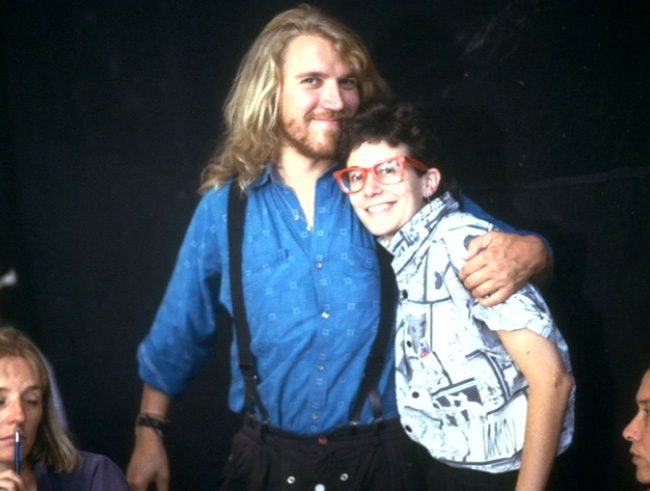
I’ve always been a big dreamer, and I feel that when you have a big imagination and have demonstrated skills of connecting with an audience, you can tell any kind of story. The problem I’ve seen is that there are a lot of studio decisions made that seem to doubt those two things. They don’t like taking risks, especially if they have it in their minds that they will lose money. This is one of the reasons we keep seeing remakes and so many sequels. The formula is tried and true for studio execs.
I enjoyed some things about Dream Master, but it’s totally a departure from Dream Warriors., and both are nothing like the first. Which, in this case, isn’t entirely bad. But when you give Dream Master a re-watch, it’s clear it was a production that didn’t fully have its shit together.
It Worked, But Could it Have Been Better?
For me, the tone and aesthetic shifts between Dream Warriors and Dream Master made a little more sense because it felt like it you were stepping into a new age from one generation of Elm Street kids to the next as opposed to the stark contrasts between the first and second Nightmares.
But I still feel like there were some facepalm moments in Dream Master that I can’t always ignore. To be clear, I’m not dumping on Dream Master I love the lighting choices, so many of the FX are awesome, and of course, there were some of my favorite characters.
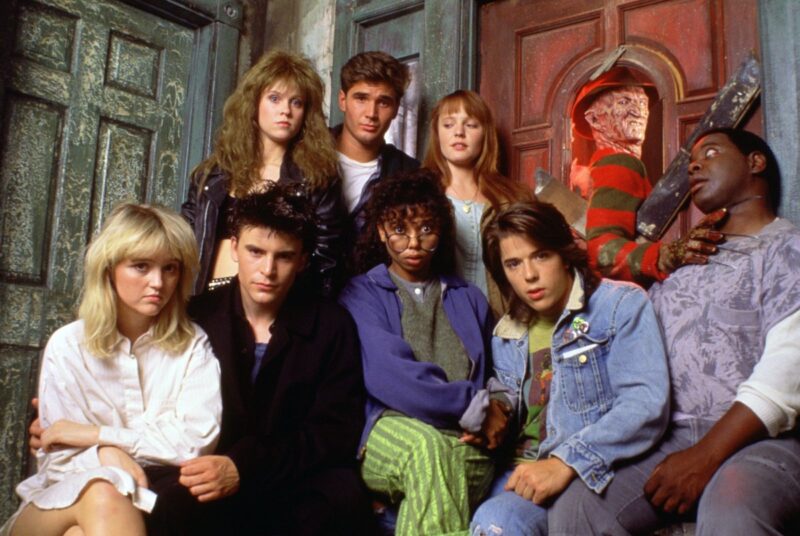
Nothing But Love
I just can’t help but wonder what it would’ve been if New Line kept the faith in Craven. I read something about time travel. And then I’m also wondering what “rules” would have been broken… Because New Nightmare broke some rules and was pretty incredible for it.
And while I often harp on executive decisions that tend to sully works or regurgitate old material, it was clear that Robert Shaye did put more faith in the vision of artists and took more chances than other studios at the time were willing to do with Dream Master.
I do feel somewhere along the line, he may have lost a little of that (at least with the Nightmare franchise) and became more focused on what his vision was. I’m not saying that is a good or bad thing. It depends on how you look at it. But I am grateful for some of those chances Robert Shaye took, because they brought me some of my favorite horror films.
 PopHorror Let's Get Scared
PopHorror Let's Get Scared

